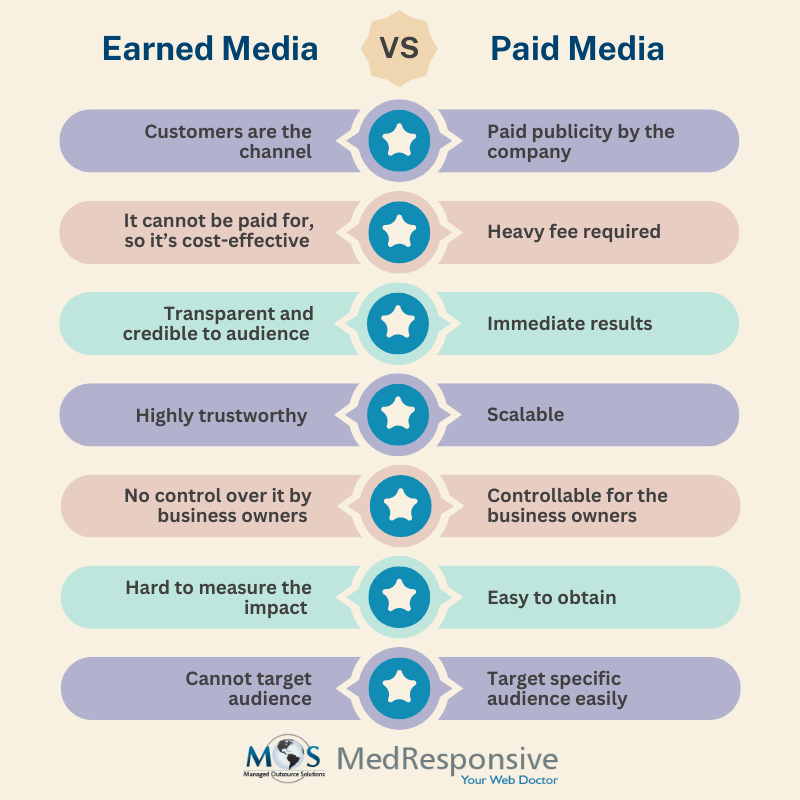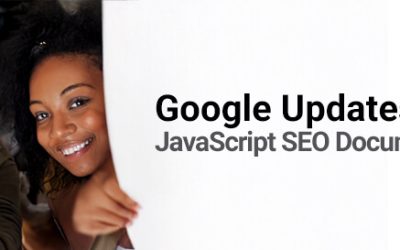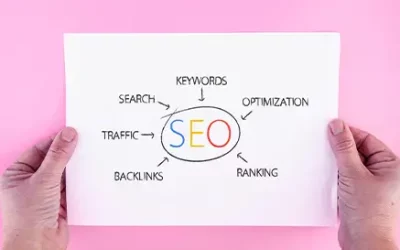If you’ve ever purchased any products online, let’s say a dress, you must have made that decision after going through several options and research. Either you saw a compelling ad that intrigued you or you checked reviews on social media that convinced you to buy the product or maybe it’s a bit of both, as in most cases. In both scenarios, it’s the influence and power of media on the sales of a product that is highlighted here.
The key strategy in media communication of today’s marketing world involves leveraging various types of media, which can be broadly classified into the three main categories – paid, earned and owned media. Each media channel plays a critical role and work together in ideal balance to reach your target audience, and help achieve your marketing revenue goals. Each type gives you distinct advantages and challenges, so take your time to understand what can be achieved with each one, how it affects your digital marketing strategy and increase sales for your business.
According to a report by Demand Gen, B2B marketers allocate approximately 32% digital marketing budget for owned media, followed by paid media at 25% and earned media at 24%. If you want to engage your organization to improve and retain customers, increase sales, build a strong reputation and take your business to new heights, partner with an affordable digital marketing services company to create an effective marketing strategy.
What Is Earned Media?
Earned media is the publicity that you receive through various forms such as word of mouth, online reviews, social media advocacy and feedback from customers. This is a unique type of media which originates organically outside your company’s marketing efforts so you gain expansive audience reach and increase the credibility of your brand. It is often unpaid so you can call it as a form of free advertising – however, it comes with a disadvantage of being uncontrollable, so there’s always a chance at negative media.
Earned media has exploded in recent times with the rise in social media and technology, making it one of the most powerful marketing tools. Digital technology gives consumers the freedom to actively engage with sharing reviews and ratings for any company’s products and its service, so it is in a way opposite of paid media. Earned media, however, if utilized effectively, is an investment that has the potential to be most impactful and instill trust in the audience because consumers often prefer personal recommendations to advertisement.
Earned media can amplify your business’s reputation and credibility at no cost and that’s why you need to evaluate the value of earned media in your digital marketing strategy. You can measure earned media through various means such as social media engagement, online ratings, and influencer mentions. Hiring an organic SEO company to evaluate the current standing and finding the drawbacks in your website is crucial for implementing new strategies to improve your company website’s organic ranking. Let’s go over some other benefits of earned media as well:
- Build brand authority and trust: When you organically build your brand’s reputation and authoritativeness, you naturally gain the trust of the consumers.
- Reach a wider audience: As you cannot target a specific audience with this strategy, you benefit from reaching a far wider audience beyond predetermined numbers.
- Cost-effective: Unlike other Medias, here you are not required to plan any strategies such as advertising or email marketing, so it costs comparatively lesser. Instead, invest in PR to strategize effective communication with the audience and pitch to publications by building relationships with journalists.
- Receive authentic feedback: You may receive constructive feedback from your audience in the form of online reviews, testimonials etc. which helps in the growth of your brand. It also builds authenticity since the public knows that you didn’t pay for it.
What Is Paid Media?
Paid media, as the name suggests, is simply the media marketing which you pay for that shows up in front of the audience. It incorporates any marketing effort such as – print, radio and digital ads, TV advertising, social media ads, and promotional display content in websites that can’t be executed for free. Paid media can be divided into two categories: display ads and paid search. Display ads are executed to the public whereas paid search appears only if customers actively search for it.
Although paid media can involve an initial hefty fee, it is a great way to get an immediate return on investment. Using the above approaches, you can collaborate with digital marketing services to garner wider and targeted audience impression, improve conversion rates and boost profits. It’s relatively easy for marketing experts to track the performance using analytics for readjusting strategies to generate better leads, promote content to generate earned media and direct your audience to owned media properties – ultimately make sales. Here are a few major benefits of paid media:
- Target the desired audience: Paid media allows you to tailor ads to the ideal audience based on your preference such as age, income, location, gender, or interests.
- Gain fast results: Paid ads are the most trackable form of media that allows you to determine which approach gave you the best results quickly. Several tracking tools like Google Analytics, Keyhole, Hootsuite etc. monitor audience demographics and measure the results of your efforts.
- Increase brand visibility: To get recognition, your brand must first gain visibility among the audience. Paid media can generate curiosity in people and drive traffic to your website, increasing your brand awareness.
- Retain customers: Your paid media aims to constantly remind and refresh the audience’s mind of your service so your customers remain loyal while you gain new audience.
How to Differentiate between Earned Media and Paid Media?
With numerous media channels available for digital marketing at your disposal, it might be confusing to choose one that fits your brand. The right way to utilize them is to prioritize in a way that makes sense for your goals and integrate strategies from both media types that fulfill different needs and requirements of your company. It’s vital to know the main characteristics of each media type and how to differentiate between them to help you make the right decisions for your business.
Control
The key differentiator between earned and paid media is the level of control you can exercise on them. Paid media offers a high level of control over the way your brand is perceived by the public since it allows you to establish the unique identity, quality, values, tone, and look of your business. It also reaches people a lot faster than other types, and you can define the demographic of the audience you want to target. When it comes to earned media however, you have basically no control over the way your brand might be received in the eyes of audience. So, that’s why it is important to run your business sincerely and truthfully, as it affects your earned media either positively or negatively, depending upon how well your customers are satisfied. People tend to trust reviews, testimonials etc. over paid ads because it comes from an unbiased point of view, giving it more reliability and credibility.
Budget
The budget you can allocate is crucial when it comes to navigating media types. All three media types come at a cost, but paid media is the priciest of them. Although costly, paid media also offers the best return on investment since it’s more effective in reaching a massive audience and your marketing strategies are easily measurable. You don’t get this in earned media, but it comes with other benefits like building trust and reputation for your brand in the audience. For example, if you want to sell a product within a short period of time, paid media does the job but if your goal is to build an overall image, identity and reputation for your brand in the long run, then earned media is the way to go. So choose to invest your budget according to the business’s goals to reap the rewards.
Impact
All media channels have impact; however it varies with content, target and strategies to be implemented for your business. Firstly, it’s important to define your goals to discern the level of impact you prefer to create with your marketing tactics. If your goal is to generate interest and awareness about your service among the public, then paid media makes the biggest impact that allows you to target a wider amount of people within a short time. When you want to set up a successful business that survives in the long run, it’s tough to achieve it without earned media. So selecting the right media channels is imperative for establishing the level of impact you want to attain for your company.
How to Choose the Right Media for Your Business?
The best strategy of digital marketing is combining all the elements of paid, earned and owned media channels for your business. Several factors such as budget constraints, target audience, impact level, and revenue goals influence the marketing strategy you execute. Each media type plays a role in creating a synergy among the multichannel media for the integration of campaigns, infrastructure and resources throughout the digital marketing strategies. So choose a digital marketing services company that streamlines the marketing process to avail all the benefits of paid and earned media for your company and increase ROI.





